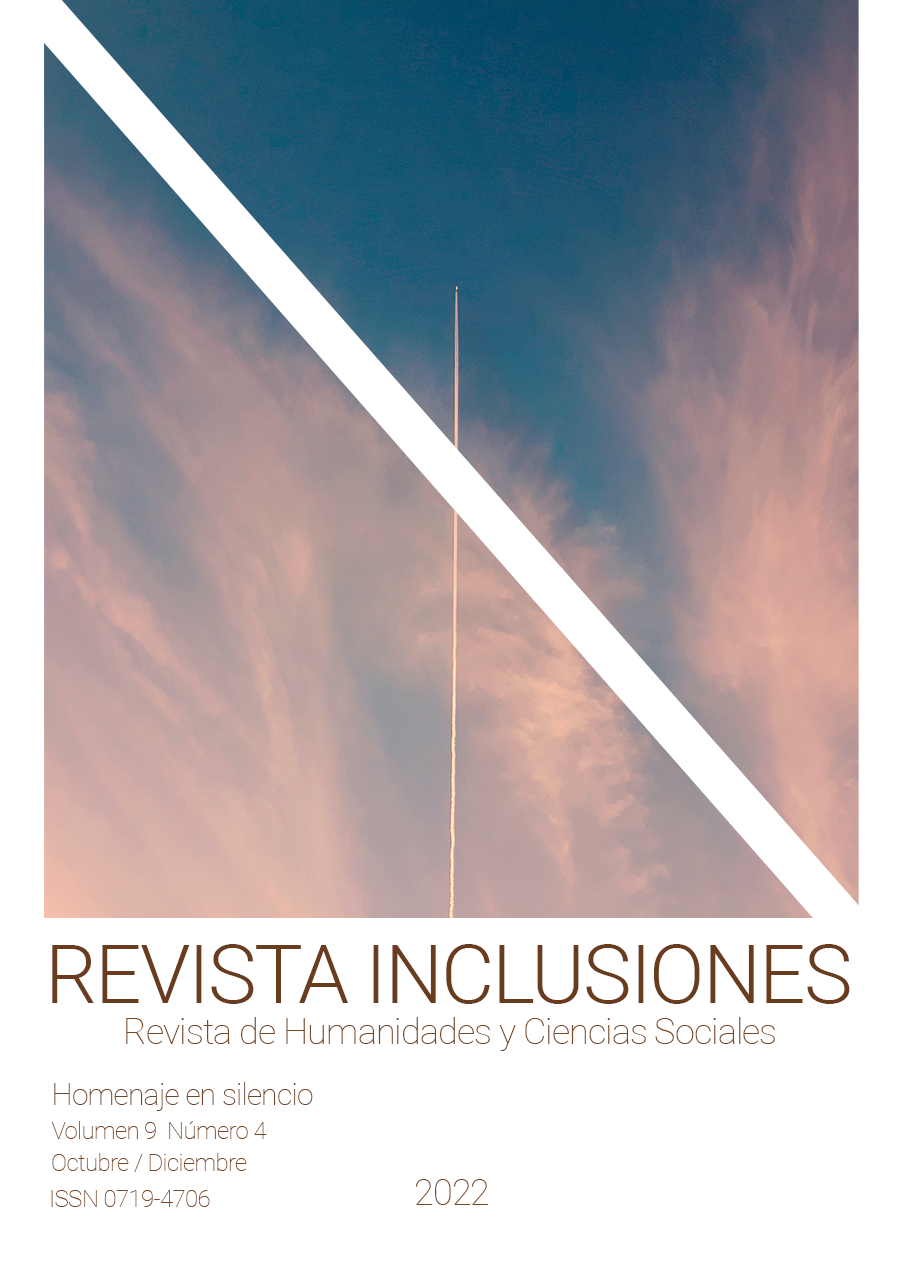URBAN IMPROVEMENT, PUBLIC POLICIES AND SANITATION OF THE QUERÉTARO RIVER, QUERÉTARO, MEXICO. AN ANTHROPOLOGICAL APPROACH
DOI:
https://doi.org/10.58210/fprc3410Keywords:
Ecological research, cultural anthropology, sustainable development, urban planning, water resources.Abstract
The Querétaro River is located in the state of the same name, in central Mexico. The
part that crosses the capital of the entity represents a historical and identity icon for
its inhabitants, despite the high levels of pollution that it currently presents. The
objective of this paper is to expose the initial results of the research called
Socioecological Impact of the urban improvement and sanitation projects of the
Querétaro River. The starting hypothesis indicates that there is incompatibility
between public policies for urban improvement and the sanitation of the
aforementioned body of water. The different programs implemented to date by the
authorities, the state and the municipalities through which the river runs, reflect the
absence of concrete actions in terms of sustainable development, in addition to the
distancing with the sectors of the population that inhabit the areas for which runs its
course. The methodology used is documentary and ethnographic. A general account
of the plans and programs applied is made, from the mid-1980s to the year 2021, as
well as their scope
Downloads
Published
Versions
- 16-11-2022 (3)
- 15-11-2022 (2)
- 30-09-2022 (1)
How to Cite
Issue
Section
License
Copyright (c) 2022 Dr. Héctor Martínez-Ruiz; Dr. José Alberto Posadas-Juárez

This work is licensed under a Creative Commons Attribution 4.0 International License.
Los autores retienen los derechos de autor y otorgan a Revista Inclusiones el derecho de publicación bajo Creative Commons Attribution 4.0 International (CC BY 4.0). Esto permite el uso, distribución y reproducción en cualquier medio, siempre que se otorgue la debida atribución al autor.











